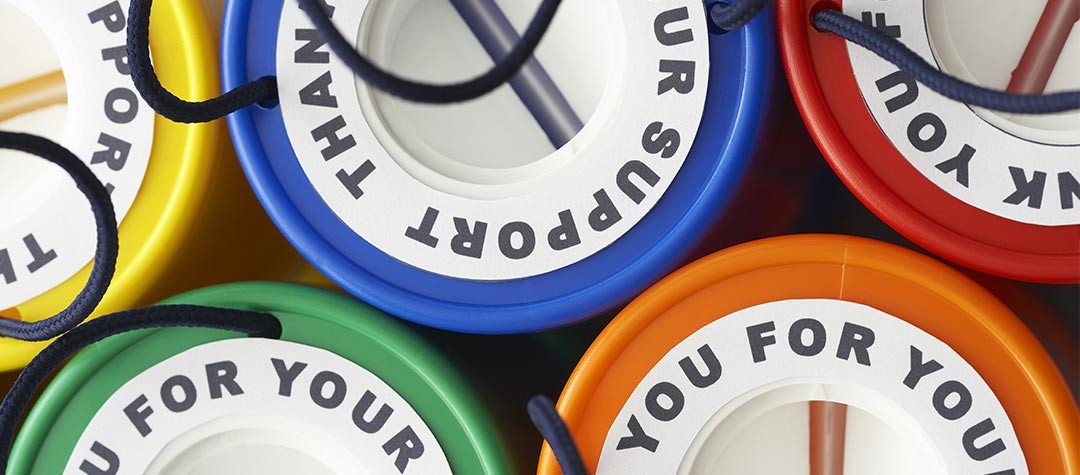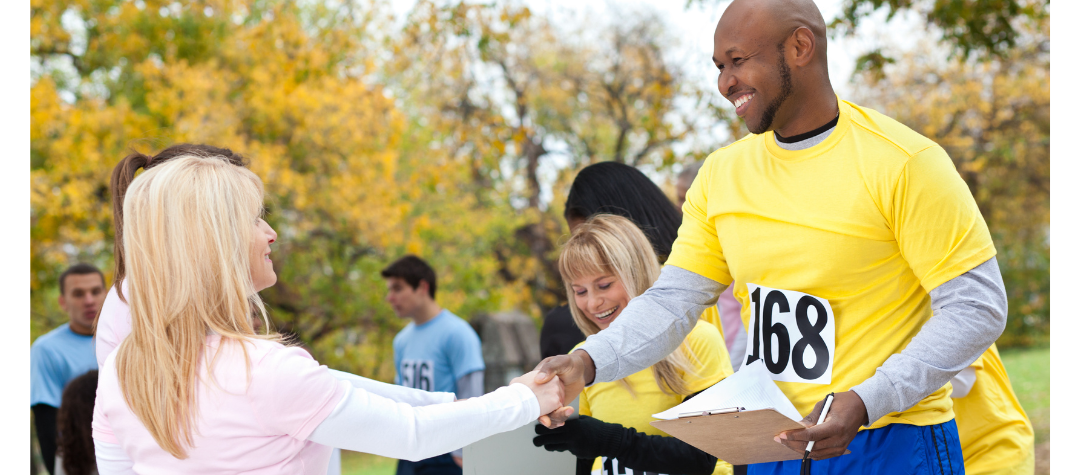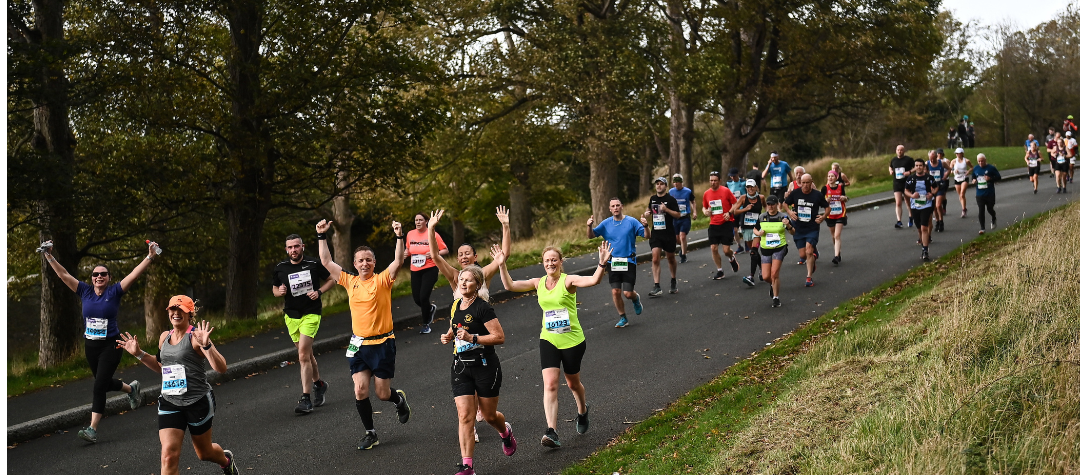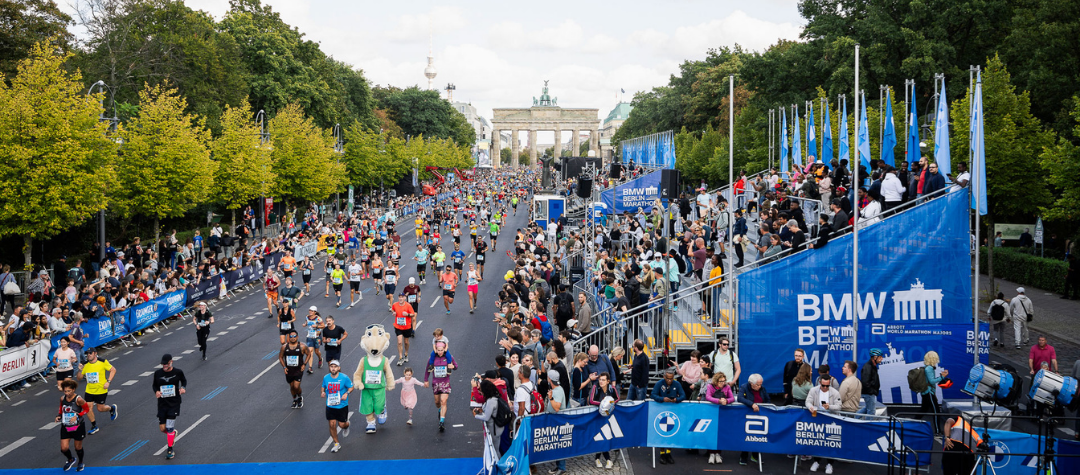Has your fundraising thrown up unforeseen questions? It’s likely you’re not the only one. Check out our FAQs and hopefully you’ll find the answers.
Fundraising for a charity is a really worthwhile cause and many people feel they want to get involved in whatever way they can. If your chosen fundraising event is giving you a headache – don’t worry. Most people have a few questions and it’s likely they will be covered in our FAQS…
Can anyone be a fundraiser and do you have to be registered?
Anyone can fundraise and you don’t have to register with any organisation to raise money. However it’s important that you know that there are rules that you will need to follow. The minimum age of collectors varies depending on the type of fundraising you are doing – generally street collectors and raffle ticket sellers must be 16 years of age or over.
How do I make sure my activity is safe and legal?
Comprehensive guidance on issues such as fundraising laws, public events, fundraising with children, insurance and risk are available in every country. In the UK it’s from the Funding Centre Funding Centre ; in the US it’s The Council of Nonprofits ; and in Australia it’s the Funding Centre . In other countries - simply search for fundraising guidelines and your local guidelines will be easily available.
Can I collect in my town centre or go from door to door?
Public collections on the street or at people’s doors are a popular method of raising money and both require licences – often obtained from your local authority. If your collection is being held on private property, for example at a shopping centre, you must obtain permission from the landowner or manager. Collection boxes placed in shops and businesses do not need a license, but you will need to get permission from the business owner.
Can I organise my own raffle?
It’s really important that you obtain the right licenses for any fundraising events you are holding to avoid any issues. A ‘lottery’ is where people pay to enter and prizes are allocated wholly on chance, such as a raffle. 'Incidental, non-commercial’ lotteries, such as those held at school fairs and summer fetes or private lotteries, such as an office sweepstake are all exempt from license requirements. Society lotteries, where tickets can be sold in advance and advertised to the general public if they are promoted for the benefit of charities, do require a license.
What are the pitfalls of planning an outdoor event?
Sponsored walks and bike rides, as well as fairs and festivals, are really popular outdoor fundraising activities. It is important to consider the impact that your event may have on local residents, roads, facilities, footpaths, wildlife and the wider landscape. You should also to take as much care as possible in protecting your participants from harm. The keyword is caution. If you don’t follow the right guidance, you could be found liable.
How can I make sure that my chosen charity is genuine?
Check for the organisation’s Charity Commission number on their website as well as on their fundraising materials. You can then use this number, or the name of the organisation, to search the Charity Commission’s website where you will be able to find all their details. Also, remember there are loads of good causes you can raise funds for without them being a registered charity. The most important thing is that you are open and honest so that anyone giving you money knows what cause it is going towards.
How do I publicise my event?
The more people who know about your event the better, as this will attract more support. Talk about it online using social media sites such as Facebook and Twitter. Make a video and take photos and post it on YouTube. Don’t forget to contact your local press, who are always interested in hearing personal stories, and may be able to send a photographer or reporter along. Finally while posters may seem a bit old fashioned they do get noticed! So ask everyone from cafes owners to libraries and post offices to display.
What information do I need to include on my fundraising materials?
Make sure that your fundraising materials include all legally required information, for example, registered charity status or number, full company name and registered office address. Generally, it’s really important that you think carefully about fundraising requests and statements, bearing in mind the impression that will be given to donors.
Should I contact my chosen charity for help?
Most certainly! Contact your chosen charity or cause to notify them of your event as larger organisations will have professional services, knowledge and expertise. It’s certain they will be only too happy to help as this will give greater awareness of their needs.
Large charities may be able to contribute with giveaway materials and literature. They may also be able to offer PR and marketing assistance or feature your efforts on their own website. They can also help you set up an online sponsorship page, which is the best way for your supporters to donate money.
How can I cover the costs of my event?
There are lots of simple and easy ways to keep the costs of your event to a minimum. Local companies may sponsor your event, donate goods or lend you their services for free in return for being acknowledged as a sponsor. Also, participants in your event may be happy to pay extra to cover the costs – especially if they know that this will make sure all the money raised through the event will go to your chosen charity.















